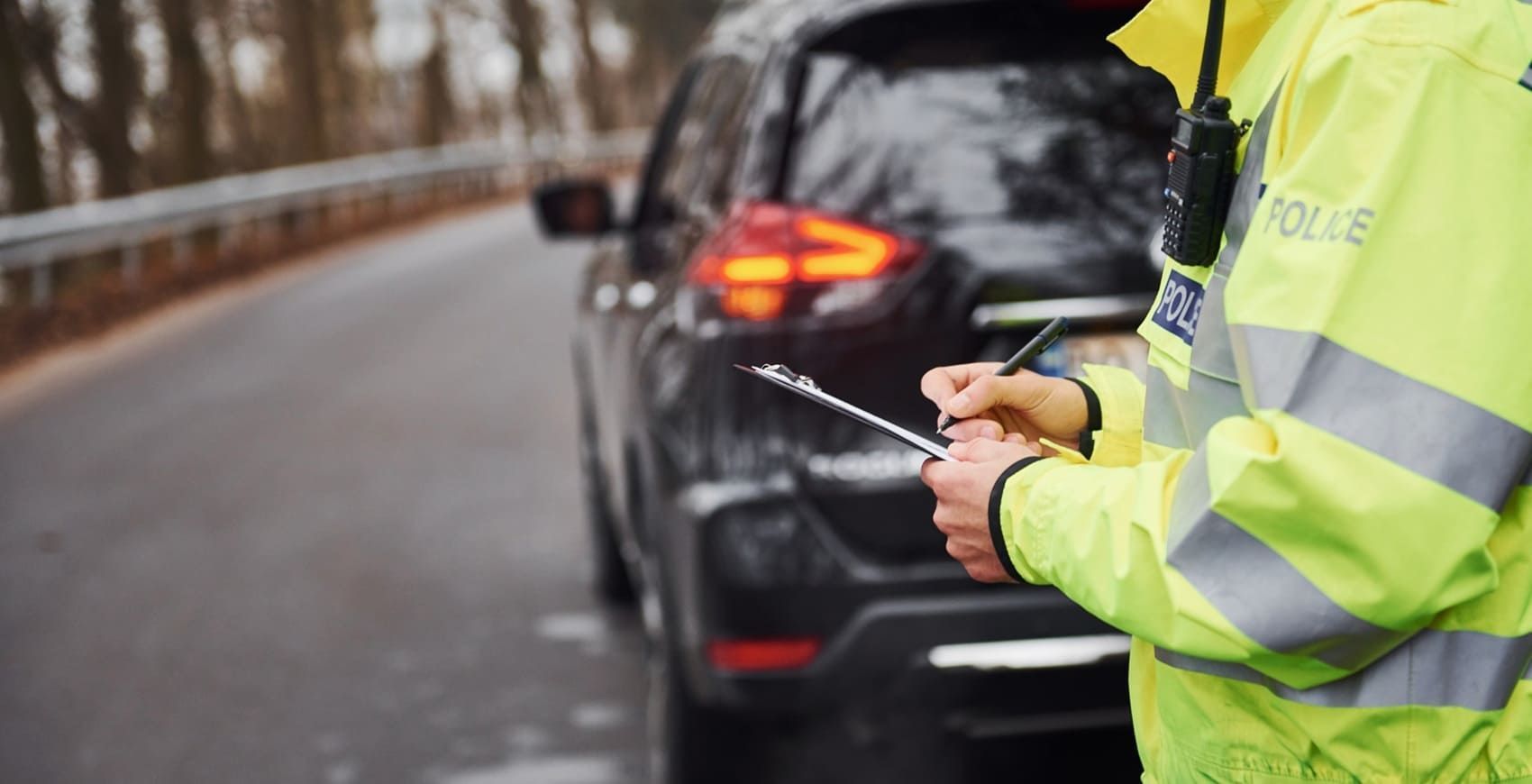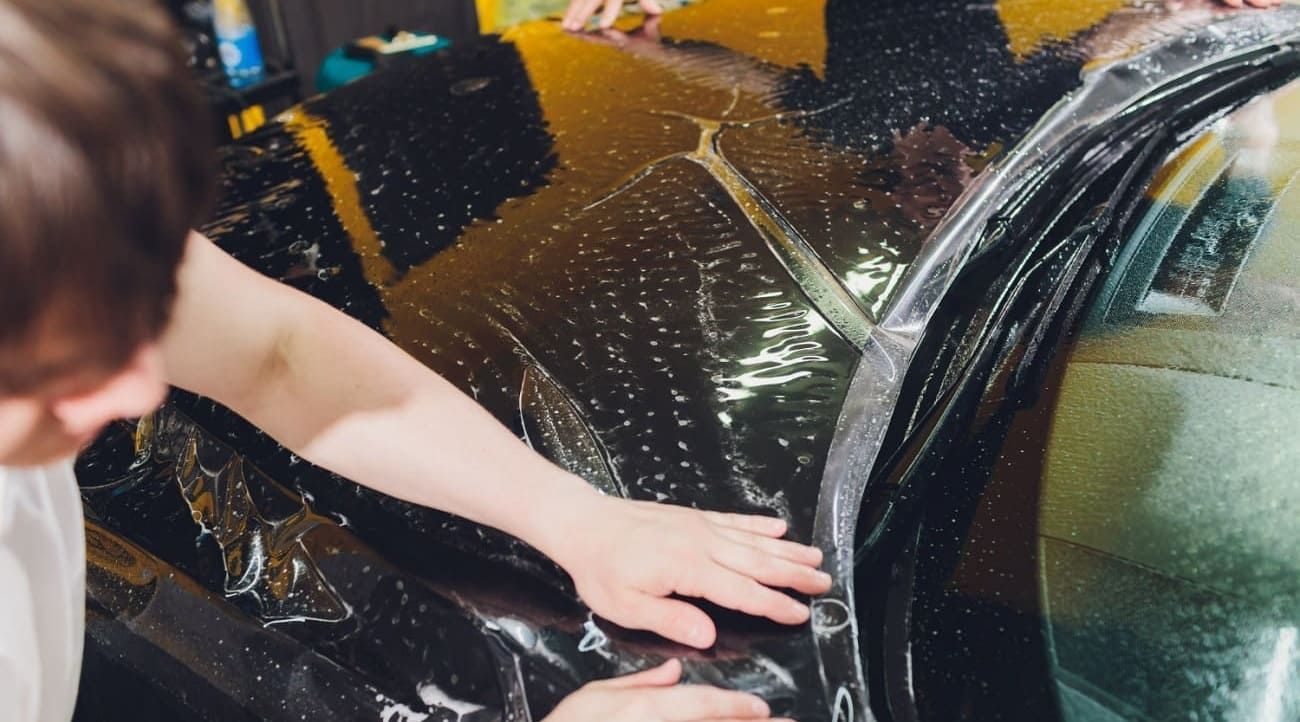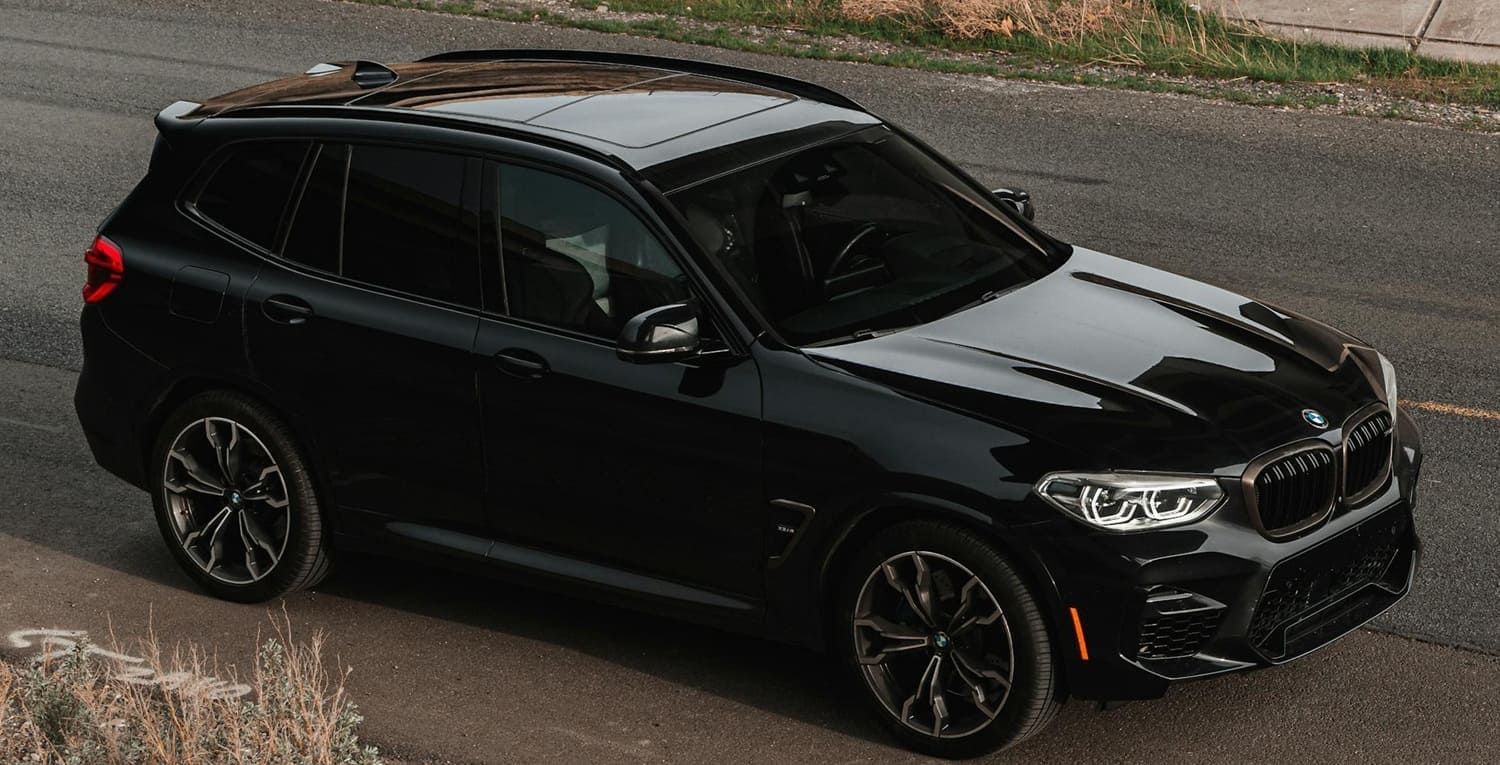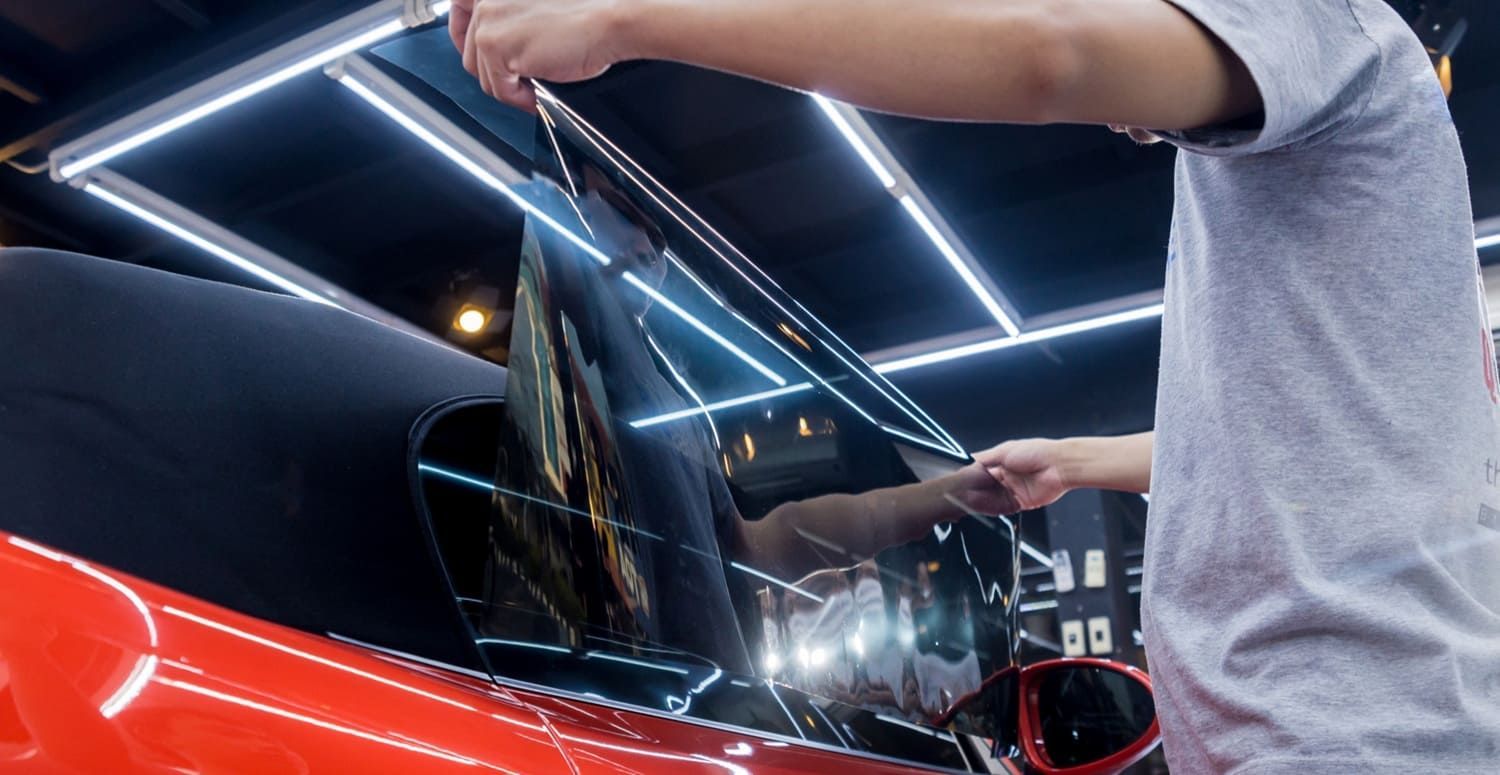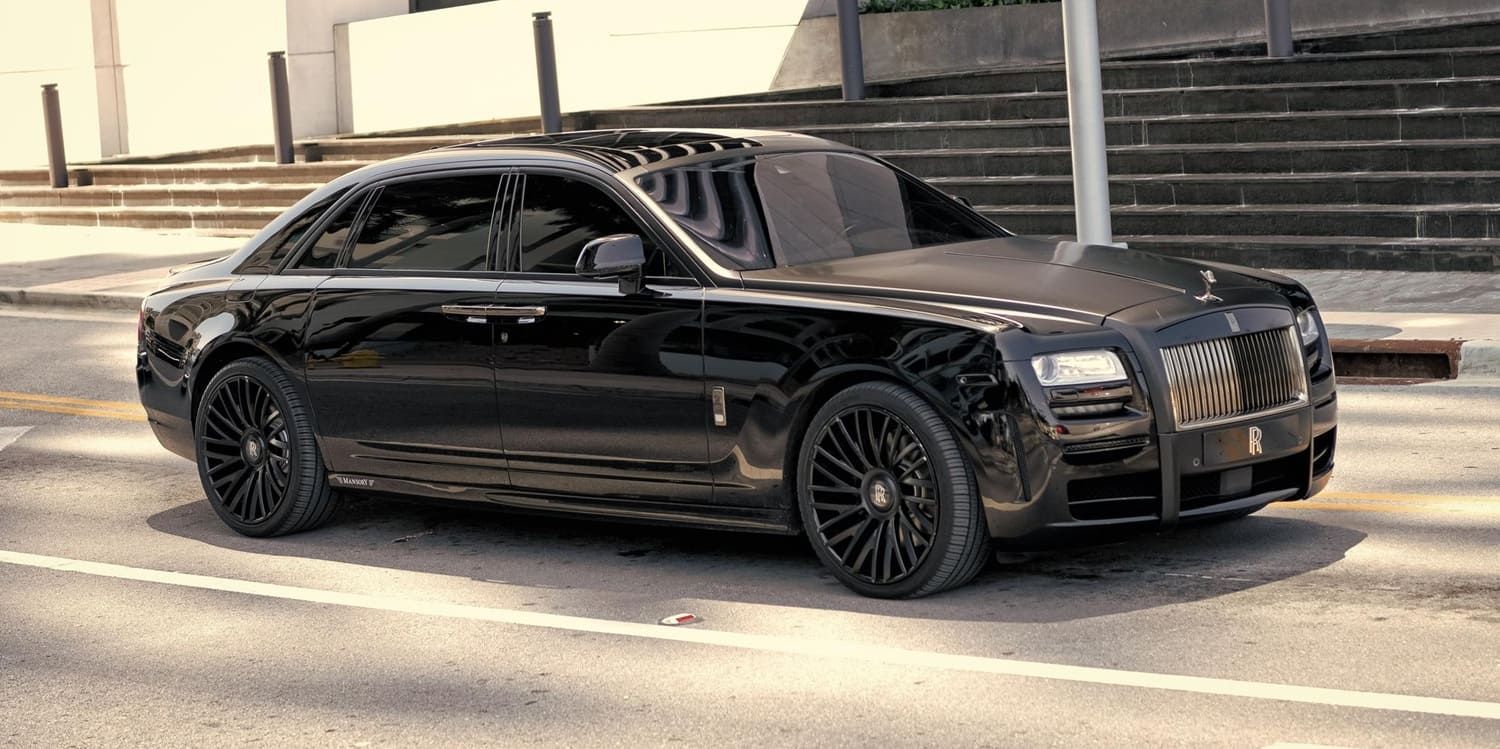Georgia Tint Laws: Everything You Need to Know
When tinting your car windows, it is important to recognize the laws. This guide explains everything you need to know about Georgia tint laws.
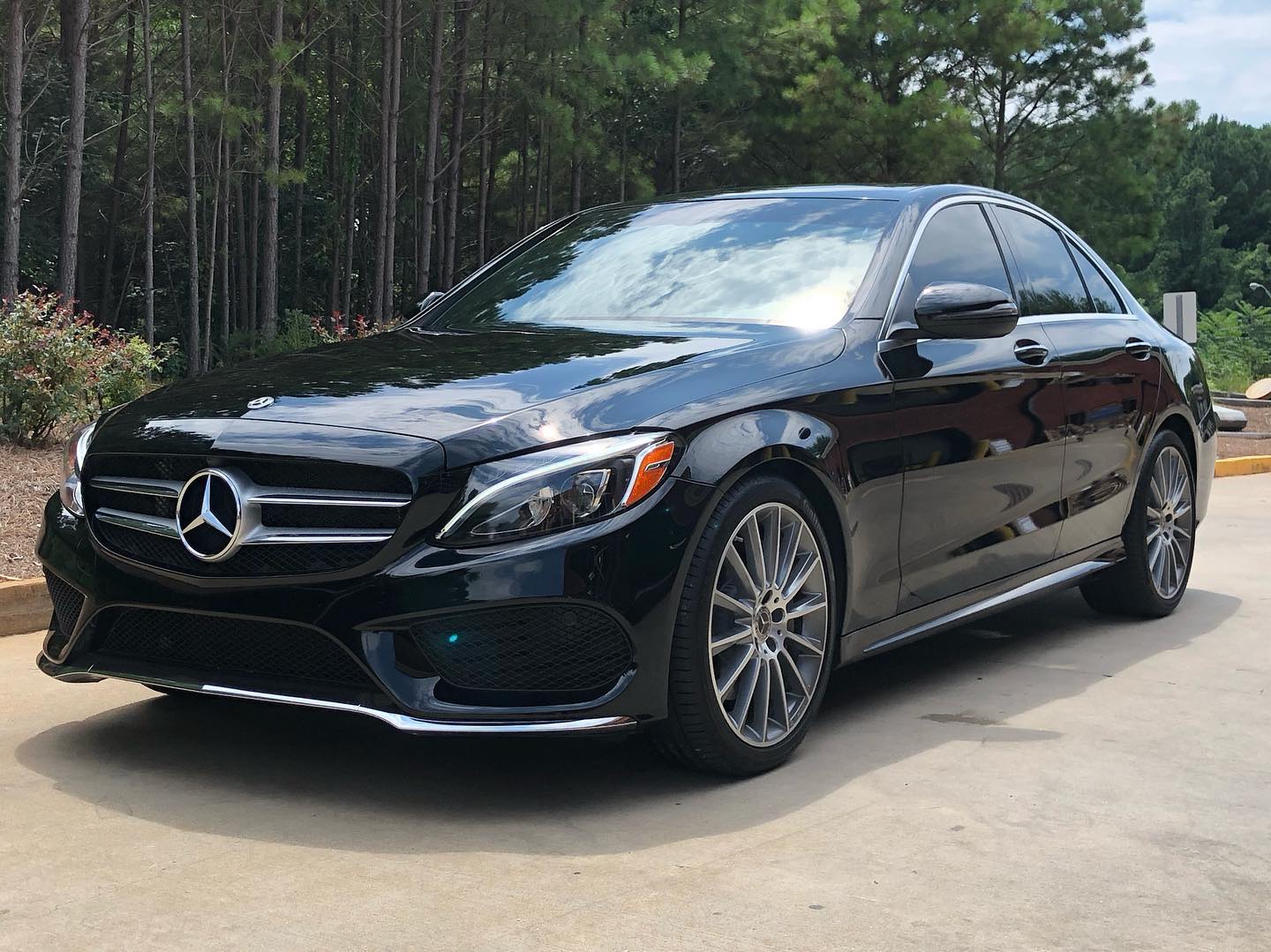
It’s no secret that summers in Georgia are hot. In fact, in the southern parts of the state, it’s common to see high temperatures in the 90°F to 100°F range, with temperatures sometimes hitting as high as 110°F.
If you’re looking for ways to beat the heat, adding window tinting to your vehicle is a great idea. However, it’s important to understand Georgia tint laws, or you could find yourself facing fines. In fact, violating the law by driving a vehicle with illegal window tint can lead to a fine of up to $1,000 and/ or up to 12 months of incarceration!
Don’t worry, though. You can enjoy all of the benefits of tinted car windows without concern. Simply look through this summary of Georgia window tinting laws before you make any modifications to your vehicle.
Window Tint Darkness
The first question most people ask is “How dark can your windows be?” The answer is based on a measurement known as visible light transmission percentage (VLT%).
This refers to the amount of visible light that’s allowed to come in through the combination of both the window and the applied film. Georgia’s car tint laws were enacted in 2005, and they clearly define the maximum window tint percentage allowed. They’re designed to allow drivers to enjoy the benefits of auto tinting while still maintaining enough visibility to ensure safe driving.
Under Georgia law, there are also different rules for sedans and SUVs or vans.
For all types of vehicles, you may only tint the top six inches of the windshield, and the tint must be non-reflective. For sedans, the front, back, and rear windows must all allow more than 32% of light into the vehicle.
SUVs and vans are a bit different. In this case, the front windows must allow more than 32% of light in. However, there are no restrictions for the back and rear windows, meaning you can choose a tint that is as dark as you like.
Window Tint Reflection
In addition to blocking light from getting through the window, tint can also reflect incoming light. This helps to reduce the heat that gets into your vehicle and minimize glare.
Under Georgia law, it’s illegal to apply tint to any window on a car, van, or SUV that is more than 20% reflective.
Other Georgia Tint Laws
There are a few other rules you need to know about. For example, if you’re considering colored window tint, you’ll want to avoid anything that’s red or amber – those colors are illegal in Georgia.
If you’re inclined to add tinting to your side mirrors, you’re in luck. These are unregulated, so you’re free to choose tint as dark as you like.
Complying With State Laws
You may wonder how you can be sure that your vehicle’s window tinting is legal. After all, you don’t want to get into trouble with the law through no fault of your own. Luckily, it’s easy to choose legal window tinting.
First, tint manufacturers are required to certify the film they sell. When you visit a tint dealer, you’ll want to make sure they’re only using certified tint. All you need to do is choose one that’s within the legal range and you’re all set.
When your tint is installed, you’ll have a sticker on your windshield that identifies it as being legal. This gives you another layer of protection. The sticker is required under state law, so make sure you get one!
If you get pulled over, chances are the officer will test your window tinting using a special tool. If the amount of light allowed into your vehicle is lower than the legal limit, you’re likely to receive a ticket.
Georgia laws do allow for a 3% transmission tolerance. This means that if your tint is just a tiny bit darker than it should be, you’re still in the safe zone.
Average Penalties
If you think the maximum penalties mentioned earlier seem extreme, you’re right. It’s extremely unlikely that you’re actually going to receive a $1,000 fine or jail time for having illegal window tinting.
While the penalties may vary, in general, the first time you’re pulled over, you’re likely to get a fee for somewhere around $25 and a “fix it” ticket. Basically, this is your first warning that you need to remove the illegal tinting.
In other cases, you may receive a fine of about $100 for your first illegal window tint ticket. If you don’t remove the tint and receive a second ticket, that’s likely to fall within the $200+ range.
Medical Exemptions
If you have certain medical conditions, you may be able to get an exemption that allows for darker tinting. You’ll need to complete an application that includes a state-licensed physician’s or optometrist’s statement. They’ll need to attest that you have a physical issue that requires dark window tinting, and you’ll need to pay the $10 application fee.
Once it’s approved, you can safely have special window tint applied to your vehicle. Even with an exemption, you may not have tint that allows less than 23% of light into your vehicle. Just as with regular car window tint, this also allows a 3% variance.
Note that if protective eyewear is sufficient for dealing with your medical issue, the state will deny your application for an exemption.
Get Expert Window Tinting Today
If you’re looking for top-quality automotive window tinting in Georgia, look no further than Maximum Shade Tinting. We’re the premier, trusted window film specialists in the Burford and Braselton areas.
When you bring your vehicle to us, we’ll make sure it looks great, blocks out the sun’s UV rays, and complies with all Georgia tint laws.
Ready to get started? Complete our simple online form today to receive your free estimate.



